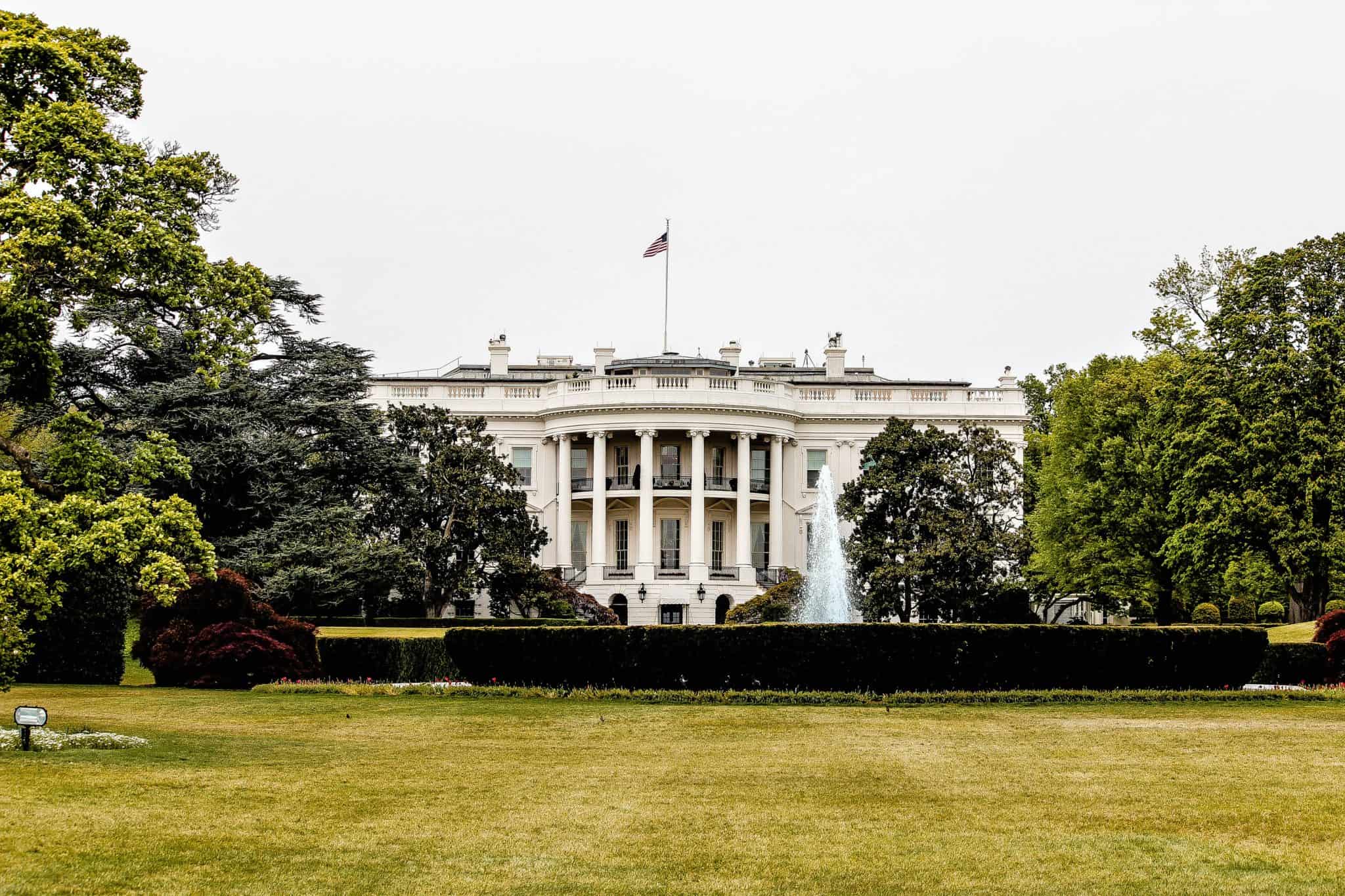
Leigh Thomas is a student at Harvard Law School.
Yesterday, the Trump Administration announced a plan for a $1 trillion stimulus, which would include $250 billion in direct checks to Americans by the end of April. Treasury Secretary Steve Mnuchin told Republican senators that he envisioned direct payments covering two weeks of pay would go out by the end of April. Secretary Mnuchin warned that without government intervention, the unemployment rate could rise to nearly 20 percent. The Trump plan also will allow individuals to defer income tax payments, interest free and penalty free, for 90 days. Republican senators have been reluctant to embrace the narrower relief package passed by the House (as Zach and Deanna have covered recently). However, given the urgency of the mounting crisis, Senator Mitch McConnell said the Senate would try to pass the House bill before moving on to larger interventions.
The New York Times has shone a spotlight on several industries hard hit by layoffs during the COVID-19 crisis. Marriott International announced yesterday it would be furloughing tens of thousands of employees worldwide. Backstage workers of the touring industry are also suffering as concerts and most large gatherings are cancelled for the foreseeable future. These workers, including sound engineers, lighting technicians, and production assistants most often work freelance and are not unionized, leaving them without meaningful employment protections. New York’s unemployment insurance website crashed on Monday due to the volume of applications from newly laid off workers. The Economic Policy Institute forecasts that the coronavirus shock will likely claim 3 million jobs by summer.
Not all businesses are engaged in layoffs. Amazon announced on Monday that in order to meet rising demand of orders for household goods, it will be hiring for 100,000 roles, and will increase pay by $2/hr.
The Detroit Department of Transportation shut down all bus service yesterday after bus drivers refused to work due to concerns about the coronavirus. The drivers stated they lacked important protections from the virus: buses were not cleaned frequently enough, and drivers are unable to wash their hands due to widespread business closures. By the end of the day, Detroit Mayor Mike Duggan and representatives from three unions announced that the city would restore bus service by Wednesday. This announcement came along with promises to clean buses more frequently and make restrooms for hand washing available for drivers along their routes. This incident highlights the issues that confront workers in “necessary” sectors, unable to shut down during the COVID-19 crisis.






Daily News & Commentary
Start your day with our roundup of the latest labor developments. See all
February 10
San Francisco teachers walk out; NLRB reverses course on SpaceX; NYC nurses secure tentative agreements.
February 9
FTC argues DEI is anticompetitive collusion, Supreme Court may decide scope of exception to forced arbitration, NJ pauses ABC test rule.
February 8
The Second Circuit rejects a constitutional challenge to the NLRB, pharmacy and lab technicians join a California healthcare strike, and the EEOC defends a single better-paid worker standard in Equal Pay Act suits.
February 6
The California Supreme Court rules on an arbitration agreement, Trump administration announces new rule on civil service protections, and states modify affirmative action requirements
February 5
Minnesota schools and teachers sue to limit ICE presence near schools; labor leaders call on Newsom to protect workers from AI; UAW and Volkswagen reach a tentative agreement.
February 4
Lawsuit challenges Trump Gold Card; insurance coverage of fertility services; moratorium on layoffs for federal workers extended